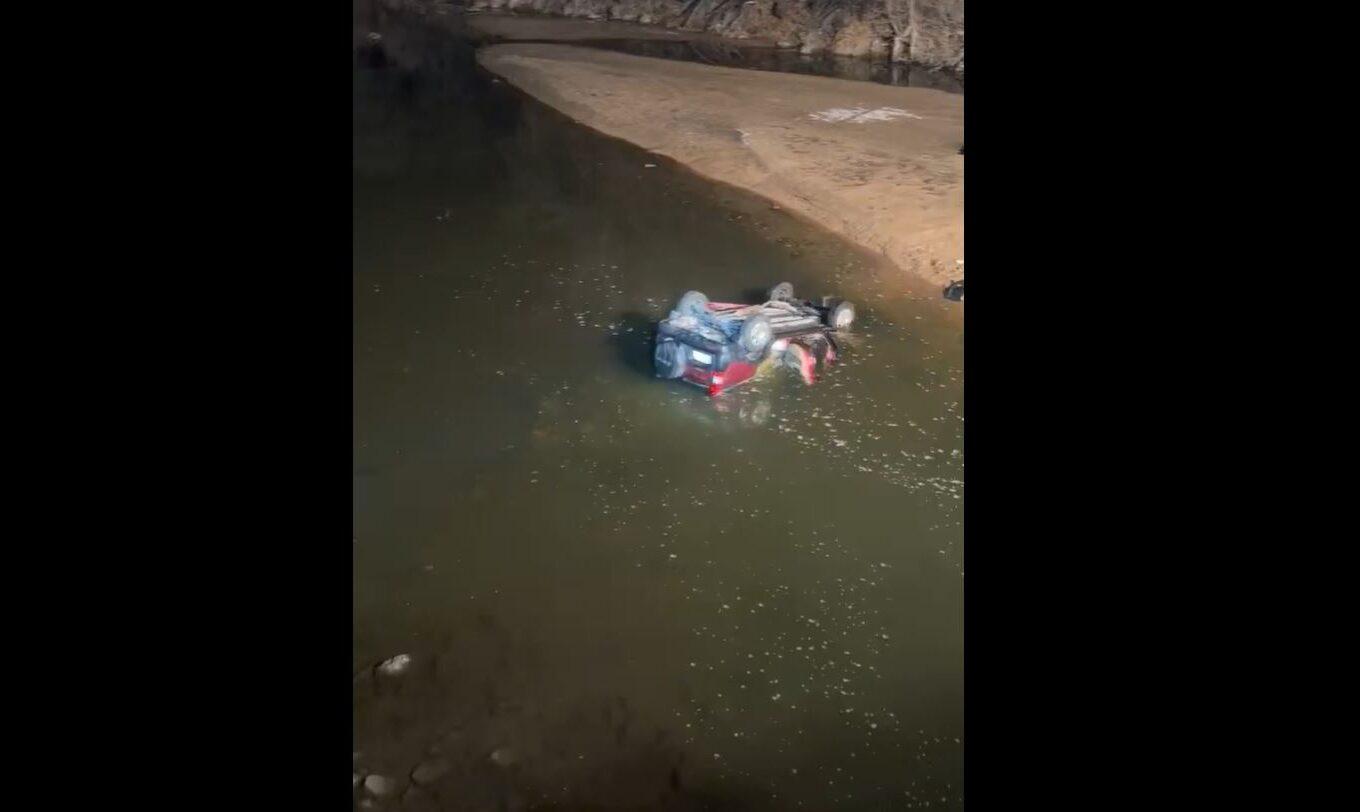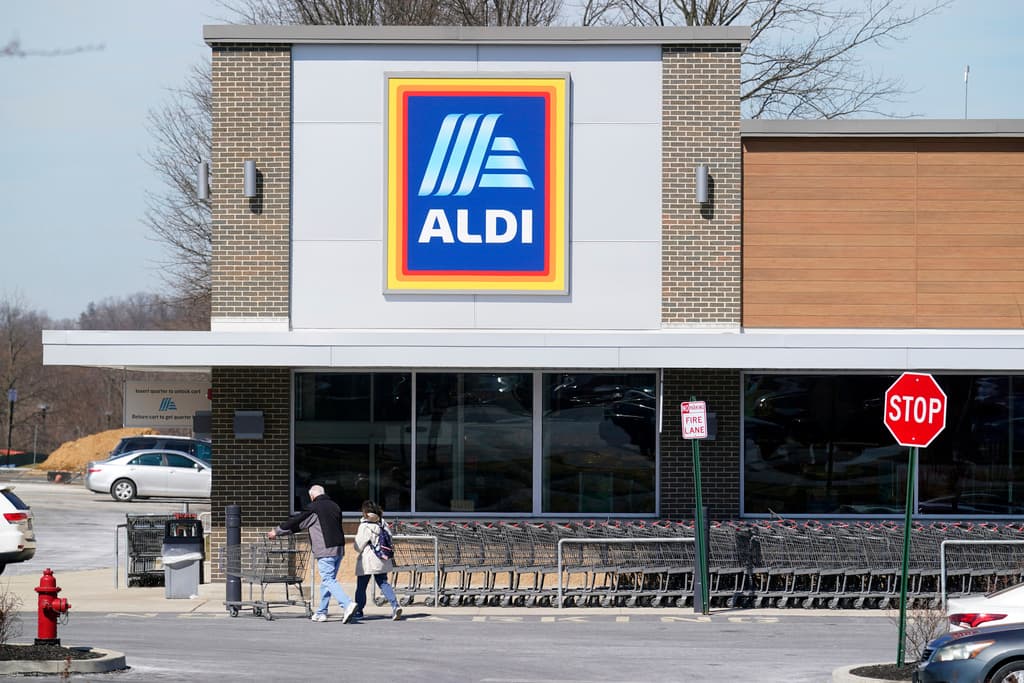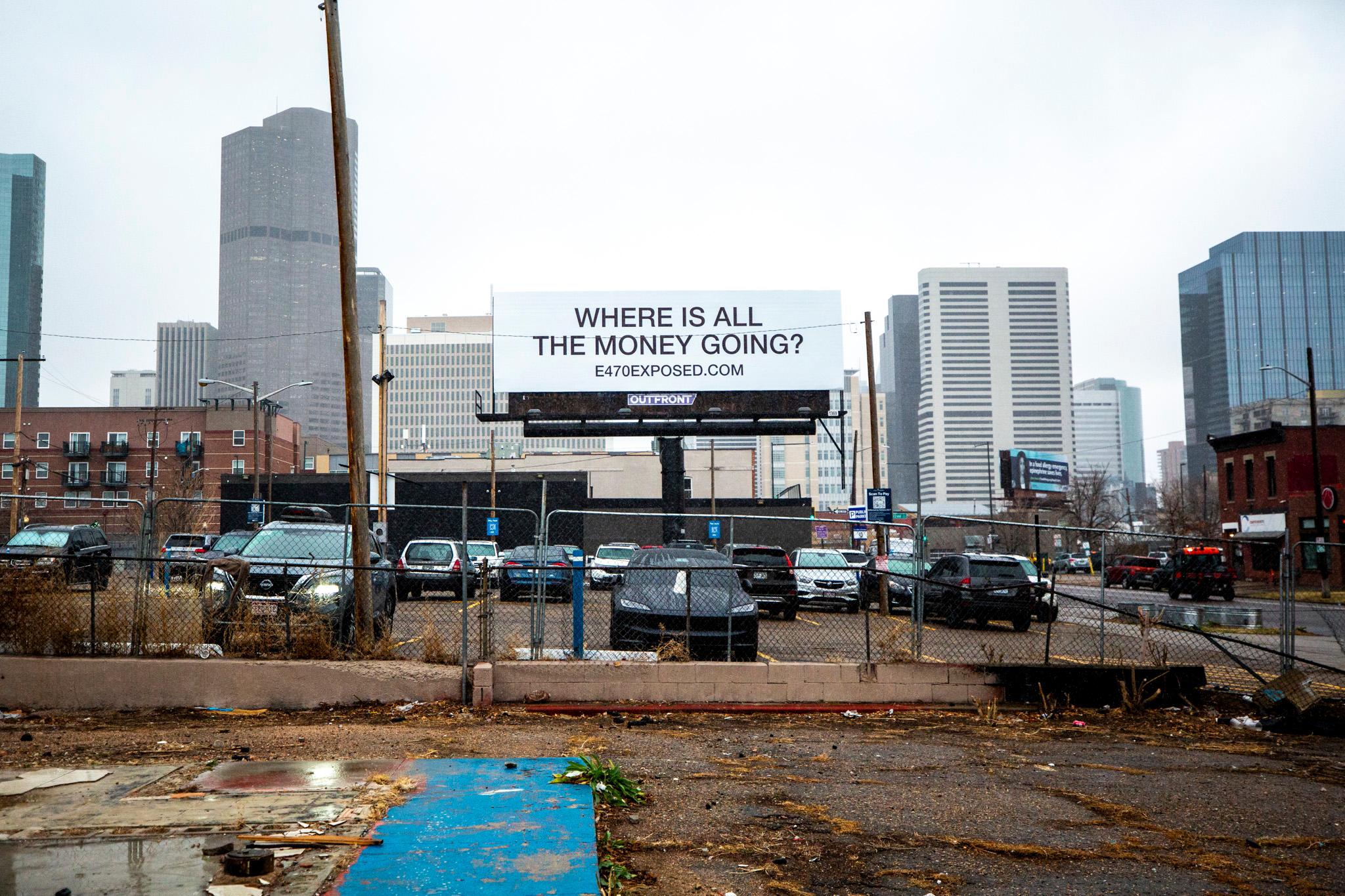Dozens of people spoke out against the city's $78 million plan to build a greenway channel and convert part of the Park Hill Golf Club to stormwater controls in north Denver, but the proposals got crucial approvals after several hours of discussion by the Denver City Council on Tuesday.

The 39th Avenue channel:
A $57 million, mile-long project will run a sunken channel through the Clayton and Cole neighborhoods. It will be a green park space, like an artificial creek bed, with a greenway path. During heavy storms, it will capture floodwaters and divert them toward the South Platte River, rather than allowing the waters to wash across low-lying areas to the north.
The council on Tuesday discussed the contract with SEMA, the main design-build company for the channel and for drainage control on the nearby golf course.
Both are part of the Platte to Park Hill system that will protect Interstate 70, the National Western Center and other fast-developing areas along the Platte. (Its benefits also could extend further south eventually.)
The channel project has raised community concerns both because it's seen as part of a massive development push and because there's potentially contaminated soil in the areas that will be disturbed by construction.
Janet Feder, for example, said that a former filling station near her home on Gilpin Street had likely left a toxic legacy. "We expect to find a leaking leaded holding tank," she said. The area also was marked by north Denver's long history of industrial smelting operations.
Feder said she was troubled by a perceived lack of interest from the federal Environmental Protection Agency. Much of northeastern Denver falls in a Superfund site. Feder and others want the EPA to expand the "operable unit" areas within the site for clean-up action. (See a map here.)
"Some agency employees will dismiss my concerns as unrealistic because northeast Denver has been an urban area for more than a century," said Kimberly Morse, a Cole resident.
City staff said the contractors would take extra safety steps. Besides a standard materials management plan, they will use "proactive air monitoring," rather than waiting until contaminants are found to start air monitoring, according to project manager Jenn Hillhouse. Staff also noted that Denver constantly deals with environmental issues during construction projects.
Aris Sheiner, who owns a house next to the proposed channel, said that he saw it as a vital amenity for an avenue "in desperate need of renewal." And Council President Albus Brooks said the project would be a crucial link in the flooding defenses for thousands of homes in a vulnerable area.
Still, other residents said they wanted more environmental work before the project was approved, as did council members Espinoza and Wayne New, who said the presentation of the project had been "so muddled" and "arrogant." And Councilman Paul Kashmann said that the project had been rushed simply to help out the controversial Interstate 70 project.
Espinoza, Kashmann and New voted against the measure.
The golf course:
The city of Denver says it wants to use about 30 acres of the Park Hill Golf Club as part of its stormwater control system. The current plan is that the northeast corner of the club would be reshaped to allow it to store water during heavy storms. When it's done, the land could still be used for golf -- similar to what's being done at City Park Golf Course.
In a 7-4 vote, the council approved a bill that will allow the city to condemn part of the golf course and use it for flood control. The entire course will be closed for construction from January of 2019 to March of 2020.
A frustrated council:
Initially, the city planned to purchase the entire Park Hill course for more than $20 million from Clayton Early Learning, the nonprofit that controls the land. The possibilities included developing part of the land for affordable housing. That hasn't worked out.
Instead, the city is now moving to forcibly buy the right to use part of the land, while still keeping the golf course possible to operate. But the question of whether or not the land really would stay as open space was a central concern on Tuesday night.
Espinoza said he worried that the deal was set up in a way that could let Clayton out of the long-standing agreement that prevents development on the land, and he called for the council to take a closer look.
"We have oversight authority. That is our job," he said. "That is our lone, strong power."
Councilwoman At-large Robin Kniech drove on a similar concern, asking Clayton officials whether they would use the technical details of the condemnation to allow development. Ultimately, she said she was satisfied that they wouldn't do so as long as the golf course was restored.
Councilman Kevin Flynn said there were too many unknowns, saying that he was "very concerned" that the proposal was giving a "foot in the door" for the redevelopment of the land.
Councilwoman Kendra Black said she was confident in the process.
"This bill is not going to end in the development of the golf course," she said.
In contrast, Kashmann felt that the council was being kept in the dark.
"I don’t believe everything’s on the table. I don’t think council’s been given the entire truth about what the plans are either by Clayton or the administration," he said.
Councilwoman At-large Debbie Ortega also said she felt like she hadn't been shown the whole picture. "Unless we’re asking the right questions … we see these things piecemeal," she said.
Council members Espinoza, Flynn, Ortega and Kashmann voted against the golf course acquisition ordinance.











